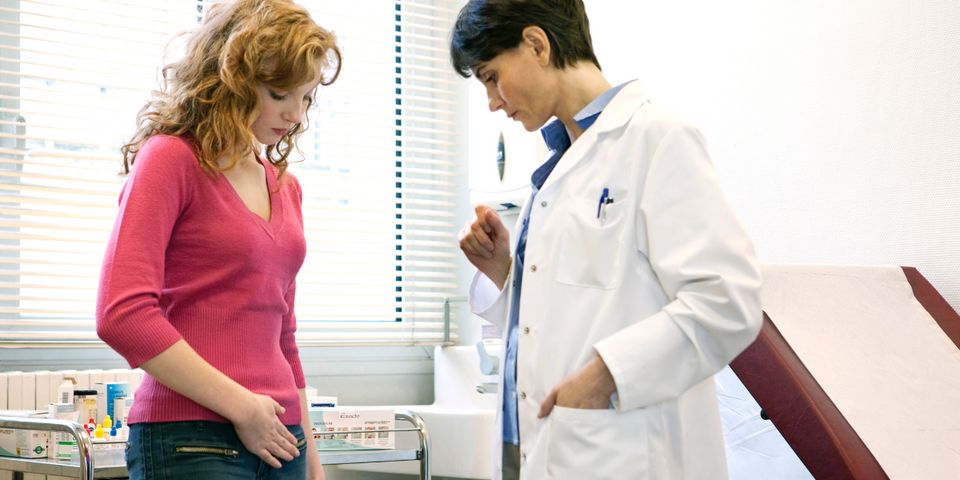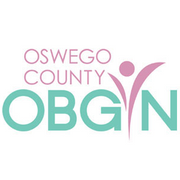
Most women experience the discomfort of a vagina yeast infection at some point in their lives. About 75% of women get these fungal infections, with most having them at least twice. While the symptoms are consistent and typically very obvious, it's a good idea to see a women's health provider the first time you experience symptoms to ensure that it's actually a yeast infection and not another concern with similar symptoms. To help you talk to the gynecologist, consult the following guide.
What Causes Yeast Infections?
Your body contains several types of naturally occurring fungus, which help support your overall well-being. One of those fungi is Candida, which lives in the mouth, digestive tract, and vagina. If something causes the Candida to become imbalanced, and there is too much growth, then you get a yeast infection.
Candida can become imbalanced for several reasons, including taking antibiotics that kill off bacteria that help keep yeast in check. Using birth control, or being pregnant, can also cause hormonal imbalances that lead to fungus overgrowth. Uncontrolled diabetes is also linked to yeast infections, as well as conditions that affect your immune system.
Although yeast infections are not considered sexually transmitted infections, they have been linked to sexual activity, particularly oral sex. Using scented or harsh soaps in the vaginal area, douching, using scented tampons or pads, and wearing wet clothing (like a swimsuit) for too long can also increase the risk.
What Are the Symptoms?
Yeast infections are often very obvious, since they cause several uncomfortable symptoms. You should make an appointment to see your gynecologist if you experience intense itching and irritation in the vulva and vagina, burning pain during sex or urination, unusual vaginal discharge that may be watery or thick, odorless, and white, or swelling and redness, soreness, or a rash on the vulva.
Depending on your medical history, your gynecologist may be able to diagnose based on symptoms alone. If this is the first time you've had symptoms, the gyno may do an exam and test to confirm the diagnosis.
How Do You Treat a Yeast Infection?
Your gynecologist will most likely prescribe antifungal medication to combat the overgrowth of yeast. These medications can be either oral or topical, and will clear up the infection within a few days. Over-the-counter medications are also effective, but if you've never had a yeast infection before, see your provider first to make sure you actually have one before starting treatment. While the medication should ease symptoms quickly, you can use cool compresses to ease itching and soreness while they take effect.
If you have symptoms of a yeast infection, make an appointment to see a women's health provider at Oswego County OB-GYN, PC. These board-certified women's healthcare providers are committed to helping patients stay healthy and provide treatment for a range of reproductive health issues. To schedule a visit, call (315) 343-2590 and visit their website to learn more.
About the Business
Have a question? Ask the experts!
Send your question

